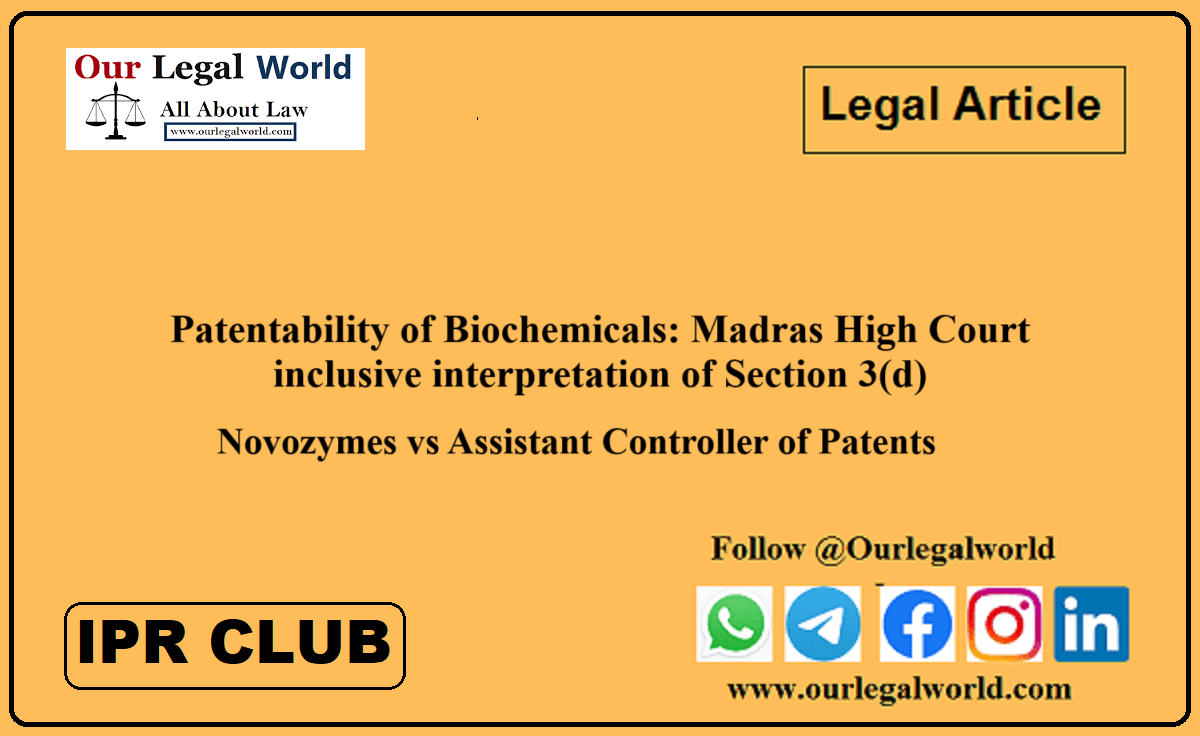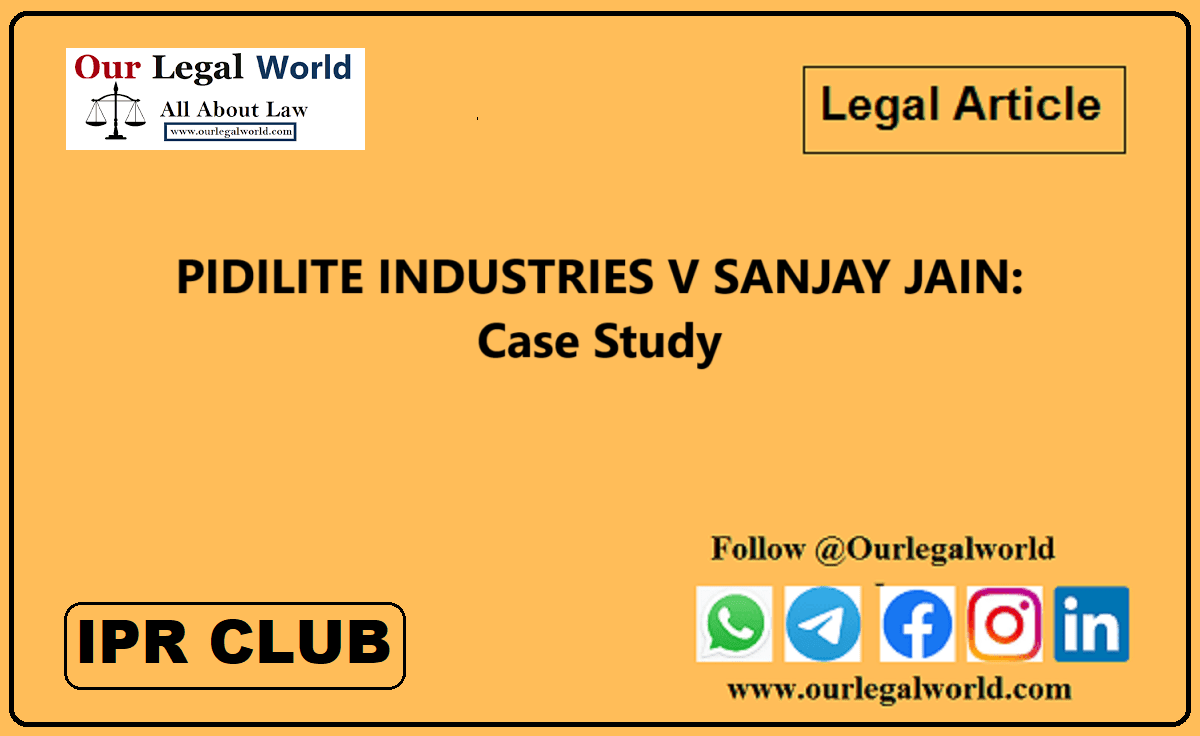Maxims of Equity with decided cases
DEFINITION
- A set of general principles which are said to govern the way in which equity operates, illustrating the qualities of equity.
- In contrast to the common law, maxims are more flexible, responsive to the needs of the individual and more inclined to take account of the parties’ conduct and worthiness.
- None of the maxims is in the nature of a binding rule.
EQUITY FOLLOWS THE LAW
- Indicates the relationship between common law and equity, which implies that equity would intervene with the common law if justice required it.
- It however do not attempt to overrule common law judgments.
- Equity will, where possible, ensure that its own rule are in line with the common law principles.
EQUITY REGARDS AS DONE THAT WHICH OUGHT TO BE DONE
- Where one party has incurred an obligation to do something for the other (but have yet to do so), equity looks on it as done and as producing the same result as if the obligation or undertaking had been actually performed.
- Equity acts on the conscience of a person. What one has undertaken to do, binds his conscience.
- Equity therefore look to the acts of the person bound by his conscience and interpret them in such a way that they amount to what ought to be done.
E.g. Purchase of a house
- Seller and buyer enter into a contract of sale, the buyer acquires an equitable interest in the house although he will not become the legal owner until the formal legal transfer of the house is completed.
- Thus, if either party fails to proceed with the contract, the injured party has the option to claim for damages or specific performance.
Walsh v Lonsdale (1882)
Lord Jessel:
“ There is only one court, and the equity rules prevail in it. The tenant holds under an agreement for a lease. He holds, therefore, under the same terms in equity as if a lease had been granted. That being so, he cannot complain of the exercise of distress by the landlord of the same rights as the landlord would have had if a lease had been granted.
EQUITY ACTS IN PERSONAM
- It is the nature of equitable remedies that they generally operate against the person of the defendant.
- Judgment is made against an individual.
- This maxim comes in handy with regard to properties held abroad.
“This maxim embodies the principle distinguishing the process and decrees of the Court of Chancery. It was originally the pride of the chancellors and the terror of the law judges that chancery acted directly upon the person or, as the phrase went, upon his conscience. It dealt with property but indirectly, by compelling the parties to act with relation to it.”
A man died while domiciled in Scotland – The executors of his estate as well as his personality and realty were in England, claimed that they were not under obligation to administer the deceased’s estate.
Held: The administration of his estate could begin in England as equity acts in personam.
The personam maxim however has its limitations:
- The defendant has to be within the jurisdiction of the court.
- The order must not violate the legal rules of another country.
- The order given must be capable of being executed without the intervention of a foreign court.
EQUITY WILL NOT SUFFER A WRONG WITHOUT A REMEDY
This maxim is a restatement of the broad legal principle: Ubi jus, ibi remedium, “Where there is a right, there is a remedy.”
- Equity will not allow the technical defects of the common law to prevent worthy plaintiffs from obtaining redress.
- E.g. Specific performance may be obtained to enforce contracts not enforceable at law; the
use of injunctions to restrain threatened wrong





